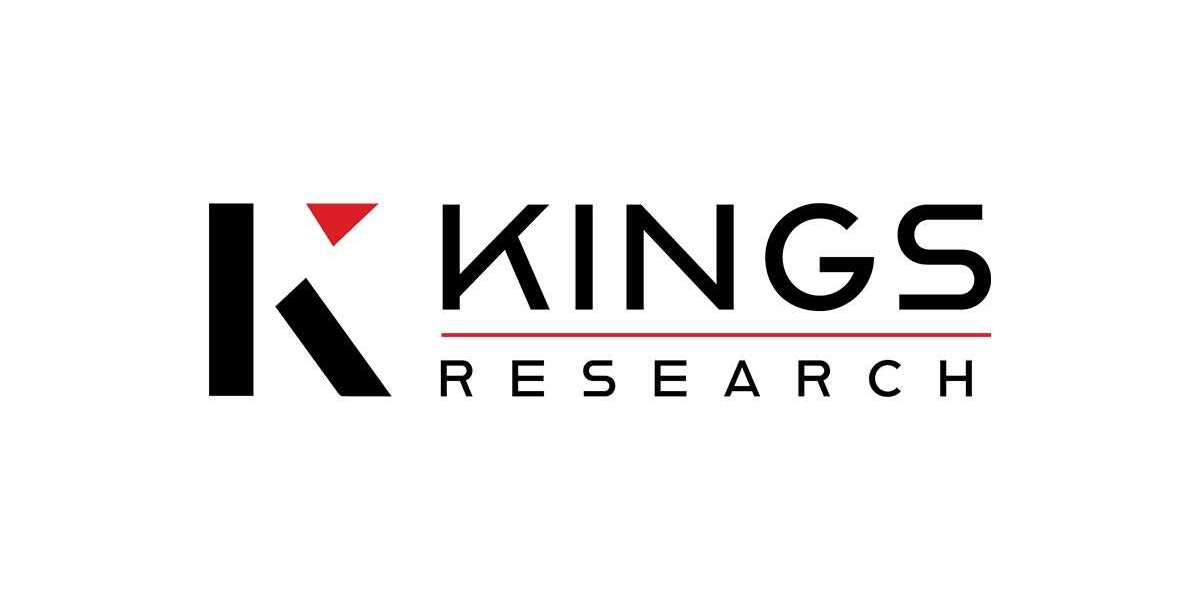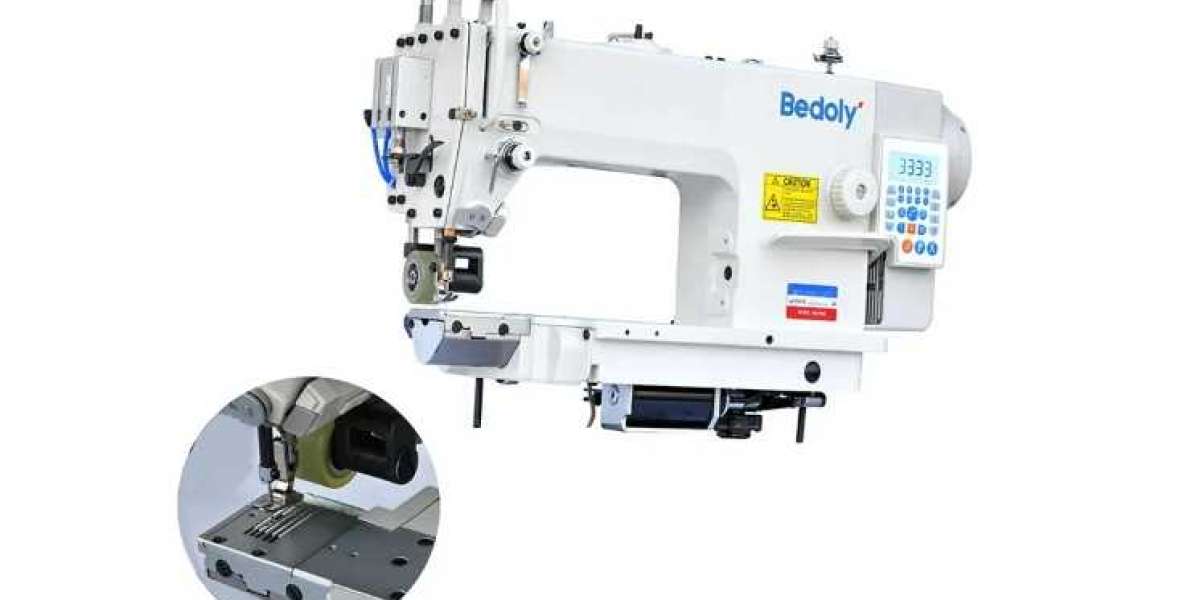1. Guardant Health
Guardant Health is a pioneer in the liquid biopsy space, offering cutting-edge solutions like Guardant360 and GuardantOMNI. These tests provide comprehensive genomic profiling for advanced-stage cancer patients, enabling precision medicine approaches. The company’s innovative technology has established it as a leader in the liquid biopsy market, particularly for non-small cell lung cancer (NSCLC) and other solid tumors. Guardant Health continues to expand its portfolio with research into early cancer detection, setting the stage for liquid biopsy to transform cancer diagnostics further.
2. Foundation Medicine (A Roche Company)
Foundation Medicine, a subsidiary of Roche, leverages its expertise in molecular diagnostics to deliver advanced liquid biopsy solutions. FoundationOne Liquid CDx is one of the company's flagship offerings, providing a comprehensive genomic profile of cancers to support targeted therapies. The company's robust research pipeline and global reach make it a critical player in advancing liquid biopsy technologies. Its focus on integrating liquid biopsy with companion diagnostics has strengthened its role in the liquid biopsy market in cancer diagnostics.
3. Biocept
Biocept has established itself as a key player in the liquid biopsy market by offering highly sensitive assays for circulating tumor cells (CTCs) and circulating tumor DNA (ctDNA). The company’s proprietary Target Selector technology allows for the detection of actionable mutations in cancer patients, enhancing treatment personalization. Biocept’s affordability and accessibility position it as a significant contributor to making liquid biopsy a standard in cancer care.
4. Illumina, Inc.
Illumina is a global leader in genomics and has been instrumental in advancing liquid biopsy through its next-generation sequencing (NGS) platforms. With the acquisition of GRAIL, Illumina has focused on early cancer detection through multi-cancer screening tests like Galleri, which can detect over 50 types of cancer using a single blood sample. This innovation underscores the potential for the liquid biopsy to transform cancer diagnostics, especially in its early stages, where survival rates are significantly higher.
5. QIAGEN
QIAGEN has made significant strides in the liquid biopsy space with its liquid biopsy-based diagnostics for ctDNA and CTC detection. The company’s QIAamp circulating nucleic acid kits and liquid biopsy assays are widely used for cancer biomarker discovery and treatment monitoring. QIAGEN’s commitment to expanding its portfolio and global accessibility has positioned it as a vital contributor to the liquid biopsy market, particularly in underserved regions.
The Future of Liquid Biopsy in Cancer Diagnostics
The rise in cancer prevalence globally underscores the urgent need for innovative diagnostics. Liquid biopsy is revolutionizing cancer care by offering a non-invasive, accurate, and cost-effective alternative to traditional tissue biopsies. With advancements in genomics, artificial intelligence, and biomarker identification, the liquid biopsy market in cancer diagnostics is set for exponential growth. Companies like Guardant Health, Foundation Medicine, Biocept, Illumina, and QIAGEN are at the forefront of this transformation, driving the adoption of liquid biopsy as a game-changer in cancer detection and management.
By 2028, the liquid biopsy market is expected to be a cornerstone of personalized medicine, enabling earlier intervention, better treatment outcomes, and improved quality of life for cancer patients worldwide.
Latest Blogs Offered By DelveInight:
- Pfizer’s ABRYSVO Outpaces GSK’s AREXVY with Expanded FDA Approval – But Can It Sustain the Momentum?
- 5 Promising Exosome-based Therapies Paving the Way for Personalized Medicine
- FDA Grants Orphan Status to MDL-101 for LAMA2-CMD; Pfizer’s ABRYSVO Approved for High-Risk Adults (18-59); KIND’s AND017 Gains Orphan Designation for Sickle Cell Disease; HiberCell’s HC-7366 Fast-Tracked for AML; ORLYNVAH Approved for Uncomplicated UTIs
- 7 Key Technologies Pioneering Cybersecurity in the Healthcare Sector
- Medtronic Secures FDA Green Light for Affera™ Mapping and Ablation System Alongside Sphere-9™ Catheter; Precision Optics Gets FDA 510(k) Clearance; Abbott Launches New Clinical Trial Aimed at Enhancing Care for Advanced Heart Failure Patients; Fresenius Medical Care’s Study Confirms Efficacy of New Anemia Therapy Software in Enhancing Outcomes for Hemodialysis Patients; Inspira™ Announces New Distribution Center to Support INSPIRA™ ART100’s U.S. Introduction; WellSky Expands Home Care Offerings with Acquisition of Bonafide
- 7 Key Technologies Pioneering Cybersecurity in the Healthcare Sector
- FDA Grants Orphan Status to MDL-101 for LAMA2-CMD; Pfizer’s ABRYSVO Approved for High-Risk Adults (18-59); KIND’s AND017 Gains Orphan Designation for Sickle Cell Disease; HiberCell’s HC-7366 Fast-Tracked for AML; ORLYNVAH Approved for Uncomplicated UTIs
- Pfizer’s ABRYSVO Outpaces GSK’s AREXVY with Expanded FDA Approval – But Can It Sustain the Momentum?
- CAR-T Cells vs. CAR-Exosome Agents: Exploring the Future of Cancer Immunotherapy







